The State of the Jumuah Khutbah in Idlib
Listen to the 3 minute Khutbah that led to Shaykh Abu Qais Masri’s being pulled off the minbar and arrested by HTS security.
The pulpit of the Messenger of Allah (peace and blessings be upon him) is the source of the call and the voice of the caller who follows the Messenger of Allah (peace and blessings be upon him) in his words and actions. Many have tried throughout the ages to use this pulpit for personal agendas. However, some sincere students of knowledge are truthful and outspoken, not fearing the blame of any critic for the sake of Allah, and not betraying their nation. They adhere to the saying of the Prophet (peace and blessings be upon him): “The master of martyrs is Hamza bin Abdul Muttalib, and a man who stood up to a tyrannical leader, commanded him to do good and forbade him from evil, and was killed for it.” They believe that if they die, they are martyrs, and if they are imprisoned, they remain patient and loyal.
In light of the events occurring in Idlib, one of the preachers, Sheikh Muhajir Abu Qais Masri, on Friday, May 24, 2024, from the village of Zanbaqi in the countryside of Darkush, spoke about the oppression of the leaders, their imprisonment of people without evidence, and their severe torture in prisons.
Elements of HTS interrupted him during the sermon, dragged him down from the minbar with insults, and arrested him brutally last Friday.
It is noted that many preachers cannot speak about the current situation for fear of imprisonment or dismissal from their positions, especially in the Idlib areas. We have seen similar instances where all students of knowledge who condemned the incident of breaking up the sit-in had their work suspended and the cars they were using confiscated, even though they belong to HTS.
Now, the concerns that come to mind are:
- Kidnapping and imprisonment, as those who spoke against them before, such as Sheikh Abu Shuaib Masri and Mr. Issam Khatib, were imprisoned.
- Dismissal from their jobs and cutting off their salaries.
- Exile and disappearance outside the Idlib area.
Of course, this is a brief glimpse into the situation for the people of knowledge in the “freed” territories.
🖋Sayed Omar
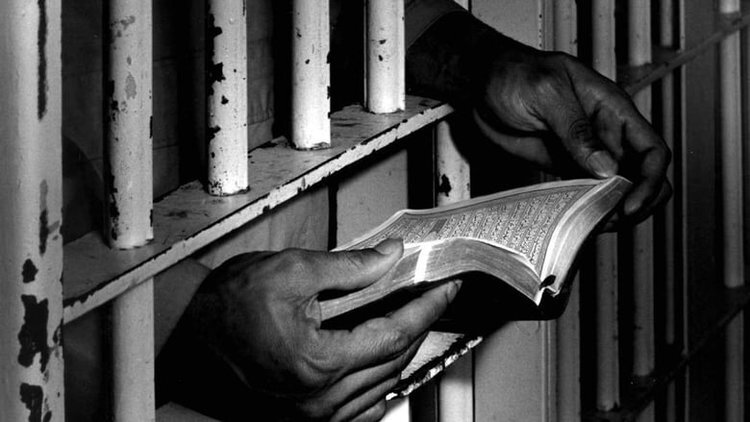

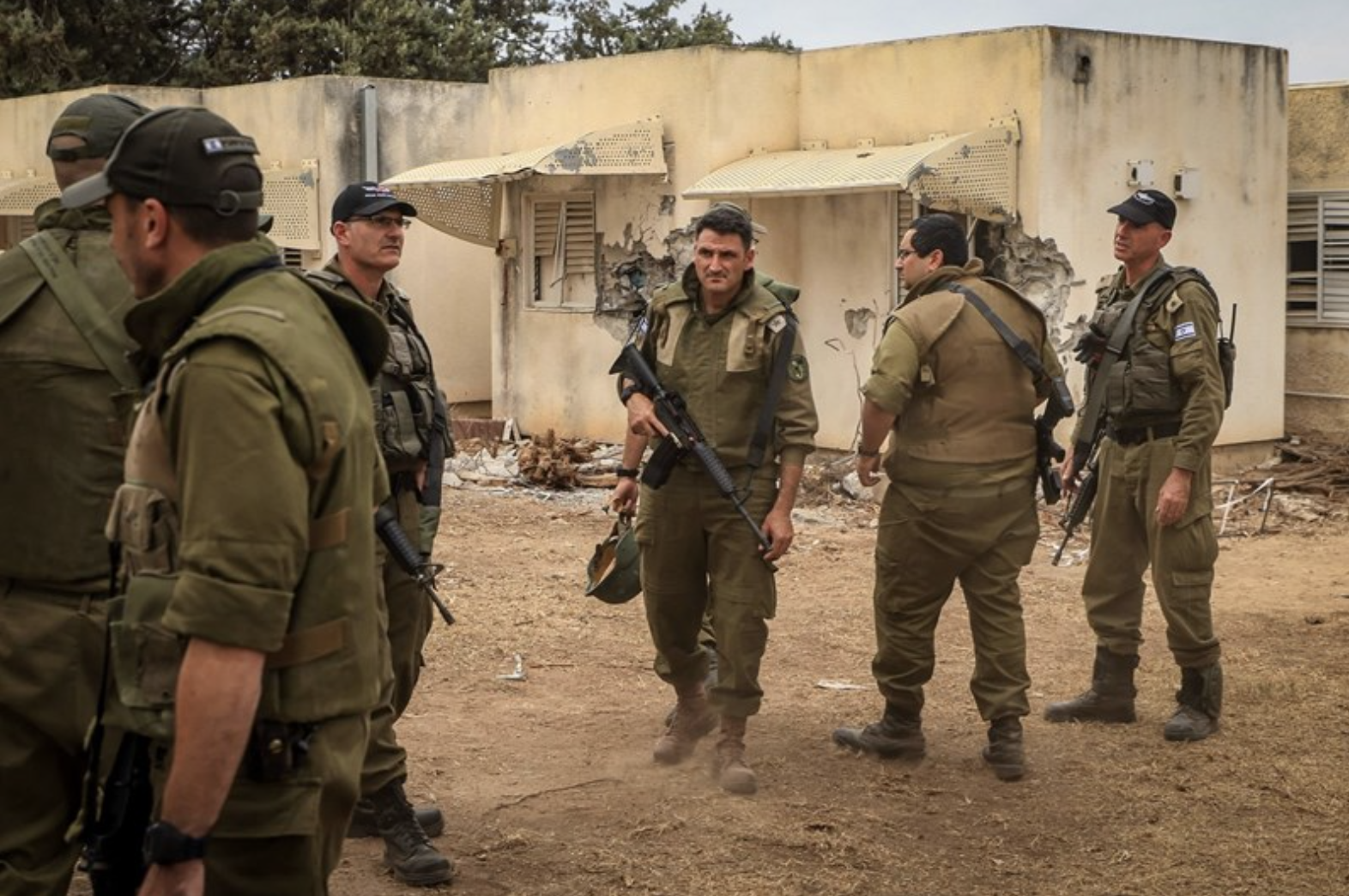
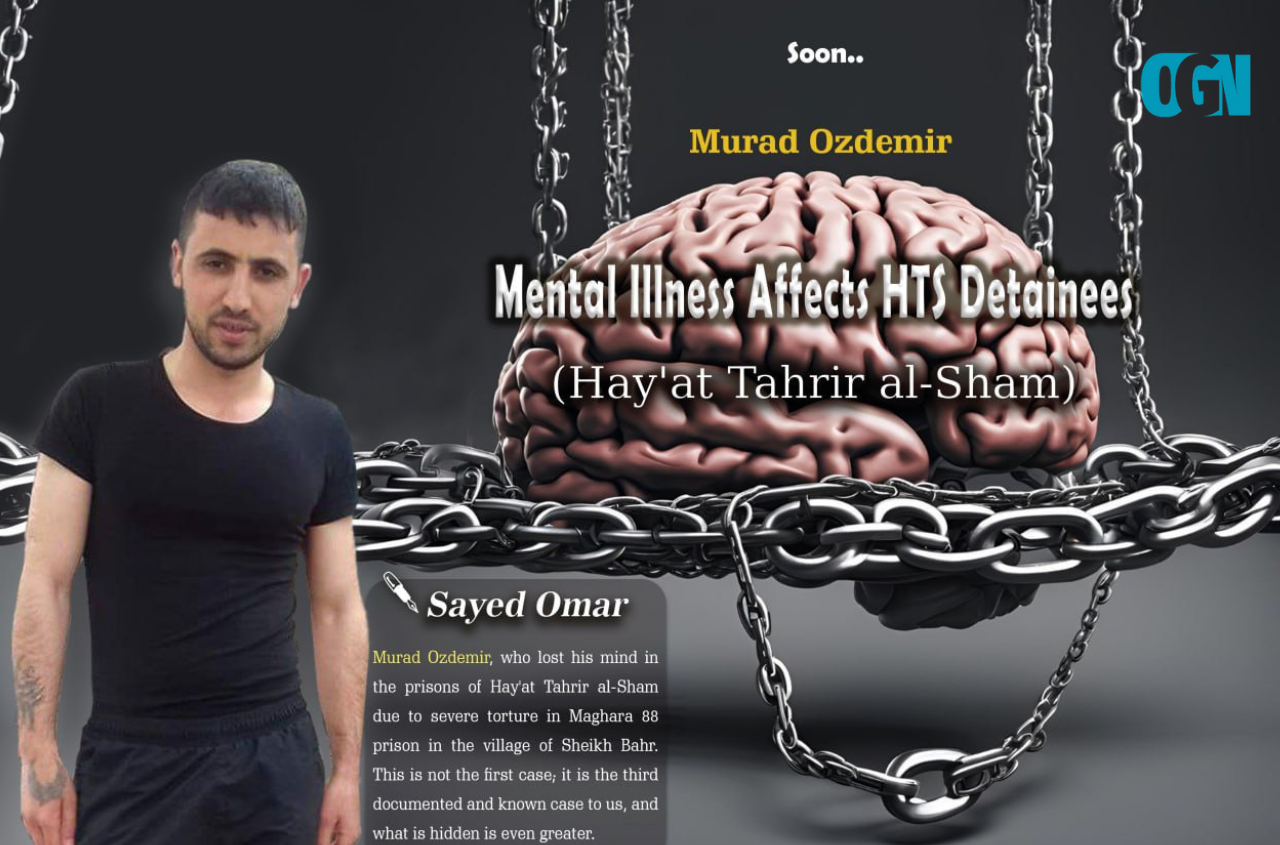

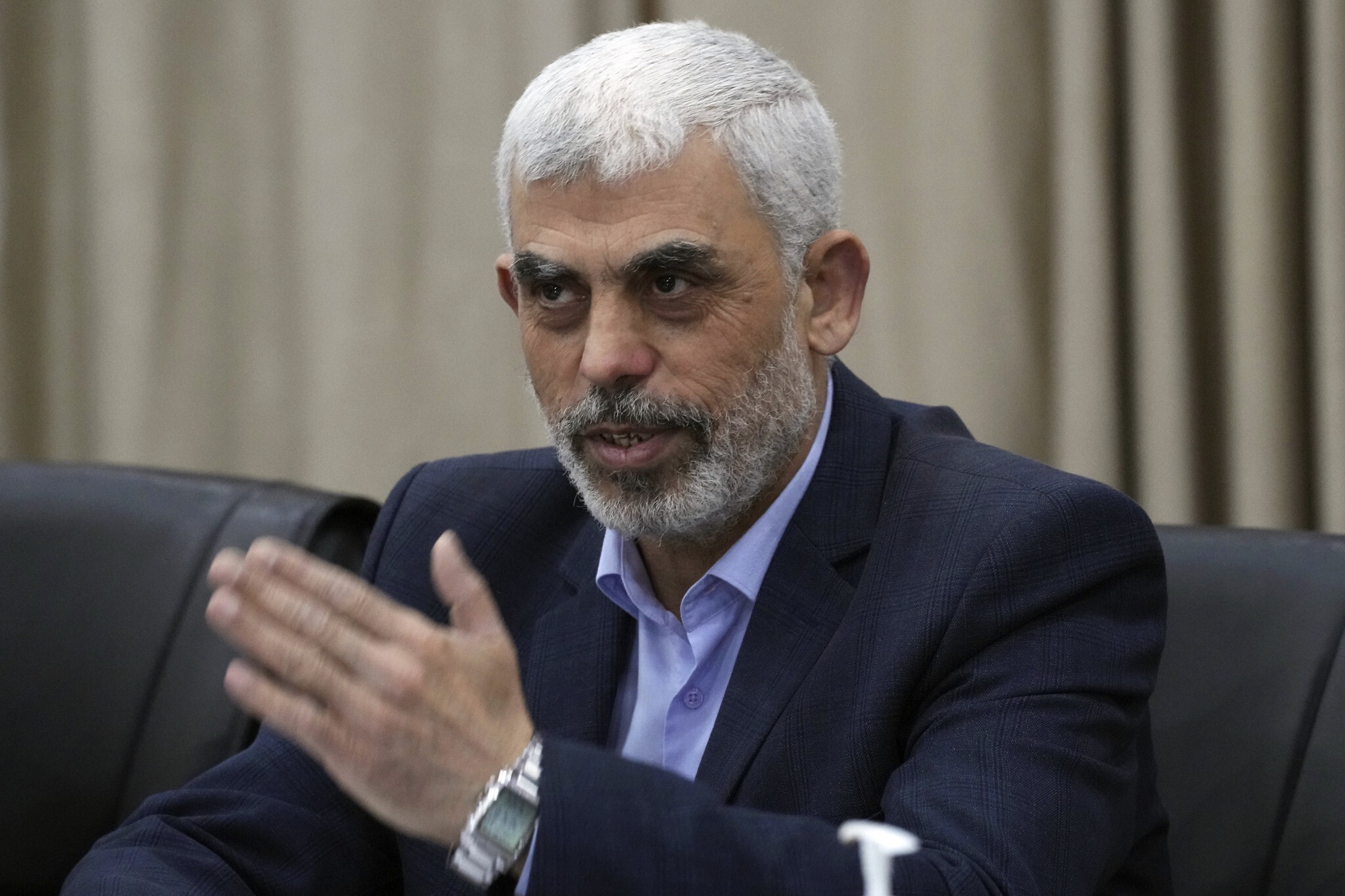
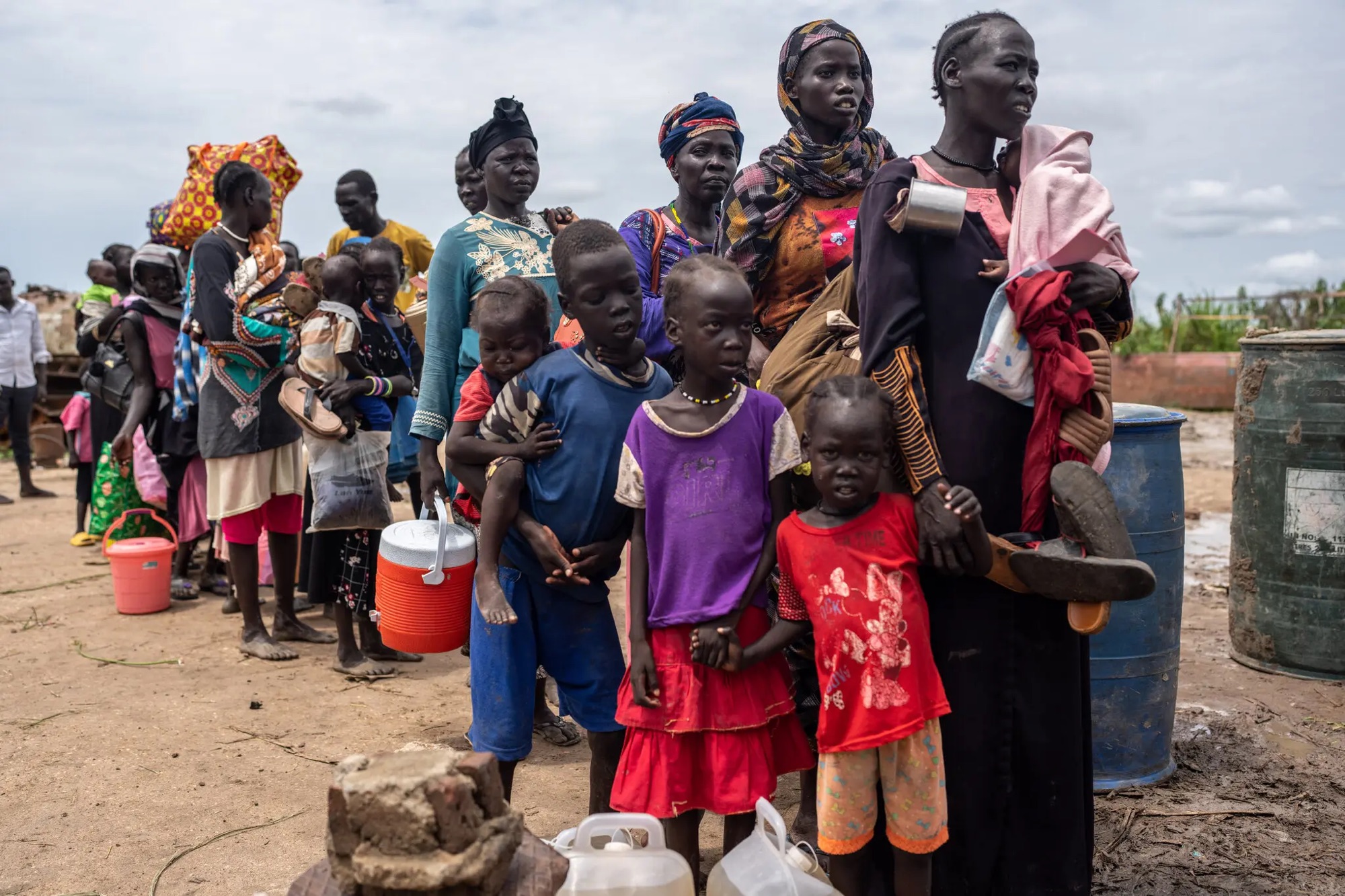
Leave a Reply